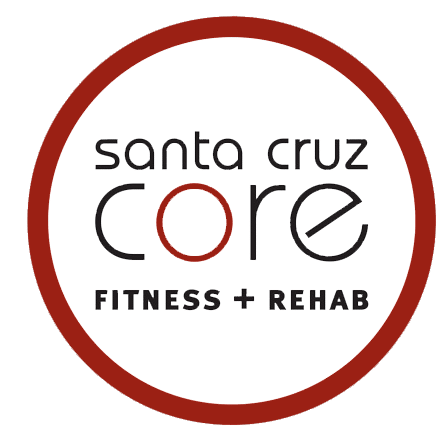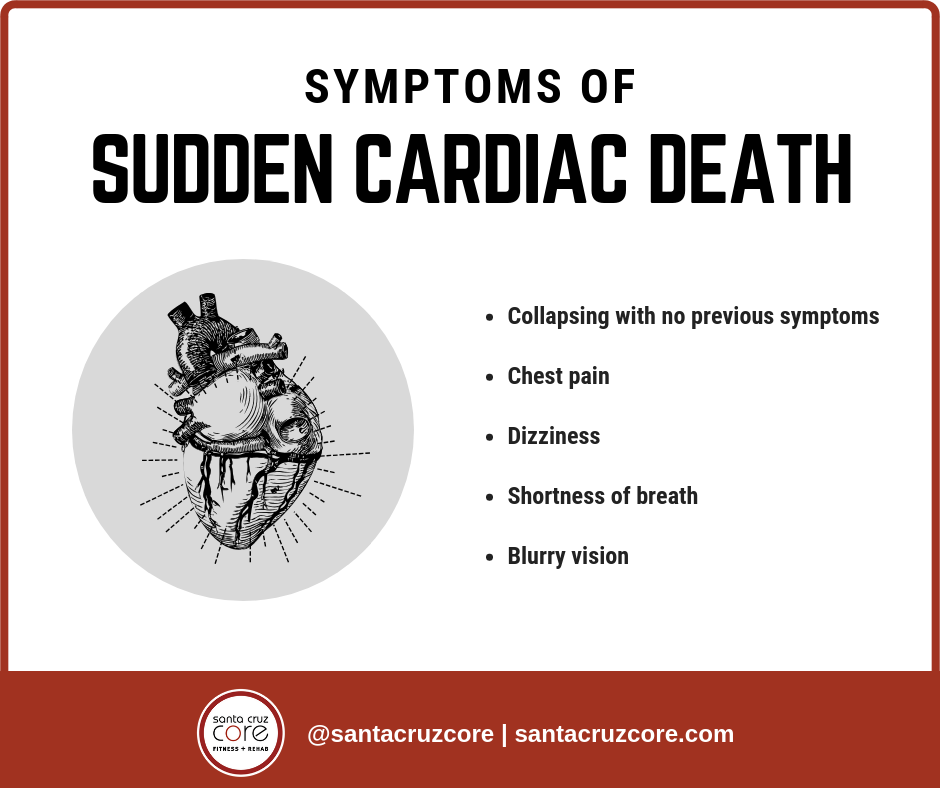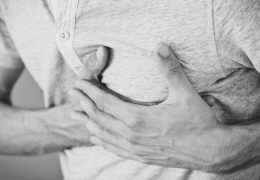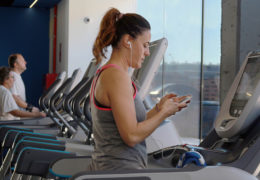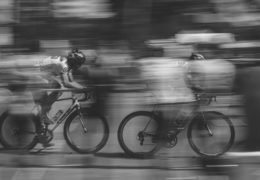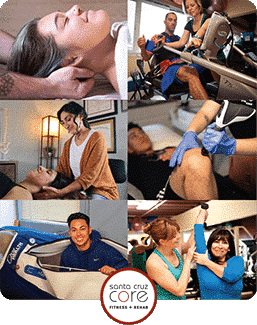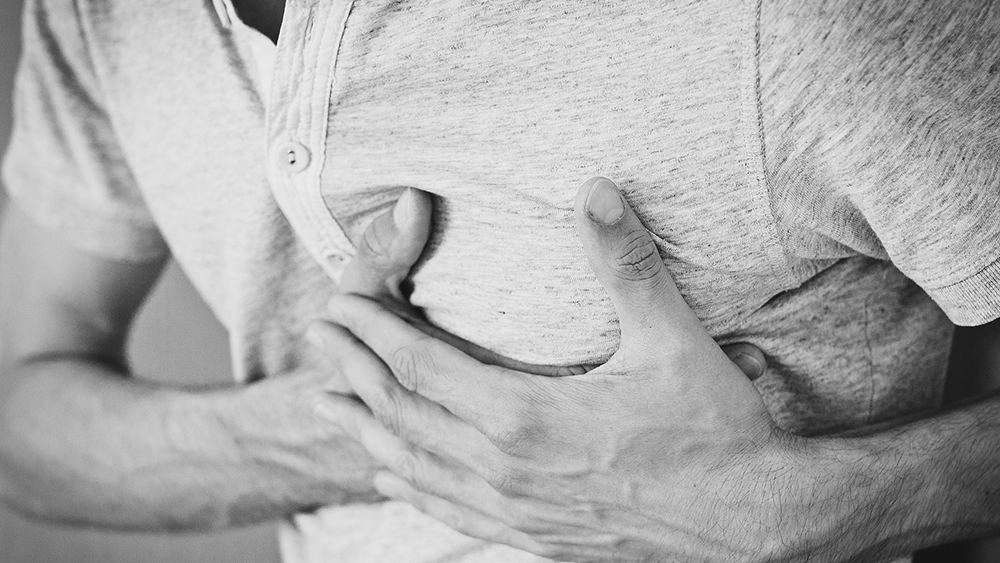 Many people know sudden cardiac death (SCD) as a type of cardiac arrest.
Many people know sudden cardiac death (SCD) as a type of cardiac arrest.
Sudden cardiac death is the most common cause of natural death in the United States. Over half of all natural deaths in the U.S. are due to SCD. While it is considered normal, cardiovascular disease (CVD) is a predisposition.
Sudden cardiac death is more likely in individuals with coronary artery disease, those with a previous history of heart attacks, and cardiomyopathies (diseases of the heart muscle). SDC can also be observed in young athletes, which makes it an interesting paradox. Regardless of the cause, it is important to distinguish between a heart attack and sudden cardiac death, to know what to do in that situation.
What is Sudden Cardiac Death?
Sudden cardiac death is a potentially fatal arrhythmia induced by ventricular fibrillation. An arrhythmia is best described as an irregular heart rate/rhythm that reflects abnormal electrical activity and contraction of the heart.
Ventricular fibrillation is the electrical malfunction of the ventricle. This is significant because the ventricles (the bottom two chambers of the heart) are responsible for the pumping action of the heart. In other words, the heart becomes unable to pump blood due to an electrical/rhythmic malfunction.
What predisposes Sudden Cardiac Death?
While a great deal of SCD happens in individuals with no previous history of heart disease, diagnosed heart conditions make it more likely. A previous heart attack, for example, will have damaged the heart muscle and altered its electrical activity. As a result, SCD is more likely in individuals who have had a heart attack.
When SDC does happen in individuals with no previous history of heart disease, it is usually due the disease/condition going undiagnosed. This may be the case for many young athletes who engage in strenuous or competitive exercise without knowledge of a heart condition. These conditions may be congenital (present since birth) or due to a genetic predisposition like hypertrophic cardiomyopathy. For this reason, it is more common to test the electrical function of the heart (ECG) of young athletes if a condition is suspected.
Some Predispositions:
- Previous Myocardial infarction (heart attack)
- Coronary artery disease
- Cardiomyopathies
- Congenital heart disease
What are the symptoms?
Part of what makes SCD such a terrifying killer is that it may exist with no previous symptoms. The only symptom might be the sudden collapse of an individual and loss of consciousness. If symptoms do exist before a sudden collapse, they may include chest pain, dizziness, and blurry vision. But one must be careful not to misread these signs!
It is important to distinguish between SCD (cardiac arrest) and myocardial infarction (a heart attack). A blockage in an artery delivering blood to the heart creates an increased a heart rate. This then causes a heart attack. The person will have chest pains, dizziness, and other symptoms but will likely remain conscious. During SDC (cardiac arrest), the heart cannot beat properly and the person will likely collapse and lose consciousness due to the lack of oxygen. In both cases, however, one should always call 911!
Potential Symptoms of SCD:
- Collapsing with no previous symptoms
- Chest pain
- Dizziness
- Shortness of breath
- Blurry vision
What to do?
- Call 911. The chances of survival for SCD drop dramatically every passing minute; make sure that help is on the way.
- If the person has lost consciousness and there is no heartbeat, look around for an automatic external defibrillator (AED). If not properly trained, 911 dispatchers may be able to guide you through the process. The AEDs read the electrical activity of the heart and deliver a shock if necessary.
- If AED is not available, begin CPR if trained and certified. If not, begin fast and hard chest compressions until help arrives. The goal here is to continue blood flow to the brain which can die or suffer permanent damage from the lack of oxygen.
- DO NOT perform CPR on an individual having a heart attack. A heart attack is caused by a blockage and the heart rate will naturally go up in attempts to get through the occlusion. Chest compressions, in this case, may only aggravate the problem. A heart attack, however, can trigger cardiac arrest and the appropriate steps should be taken. During a heart attack, however, the individual usually has time to get treatment before becoming unconscious.
At Santa Cruz CORE, our personal trainers are trained in CPR and our facilities are equipped with automatic external defibrillators (AEDs) to prevent a fatality. Furthermore, we take appropriate steps to get to know a client’s health status and medical history before starting a program. Give us a visit, and reach optimal health in a safe environment.
References:
UCTV, and University of California Television. “VIDEO: Sudden Cardiac Death.” UCTV – University of California Television, 15 Sept. 2015, uctv.tv/shows/Sudden-Cardiac-Death-29723.
